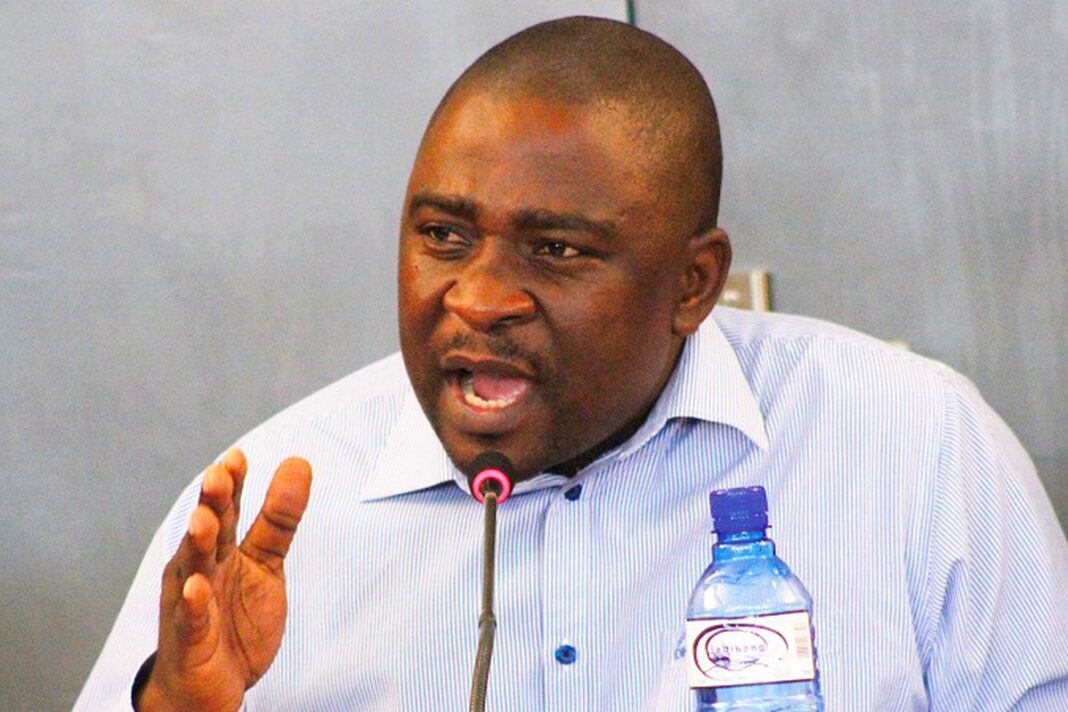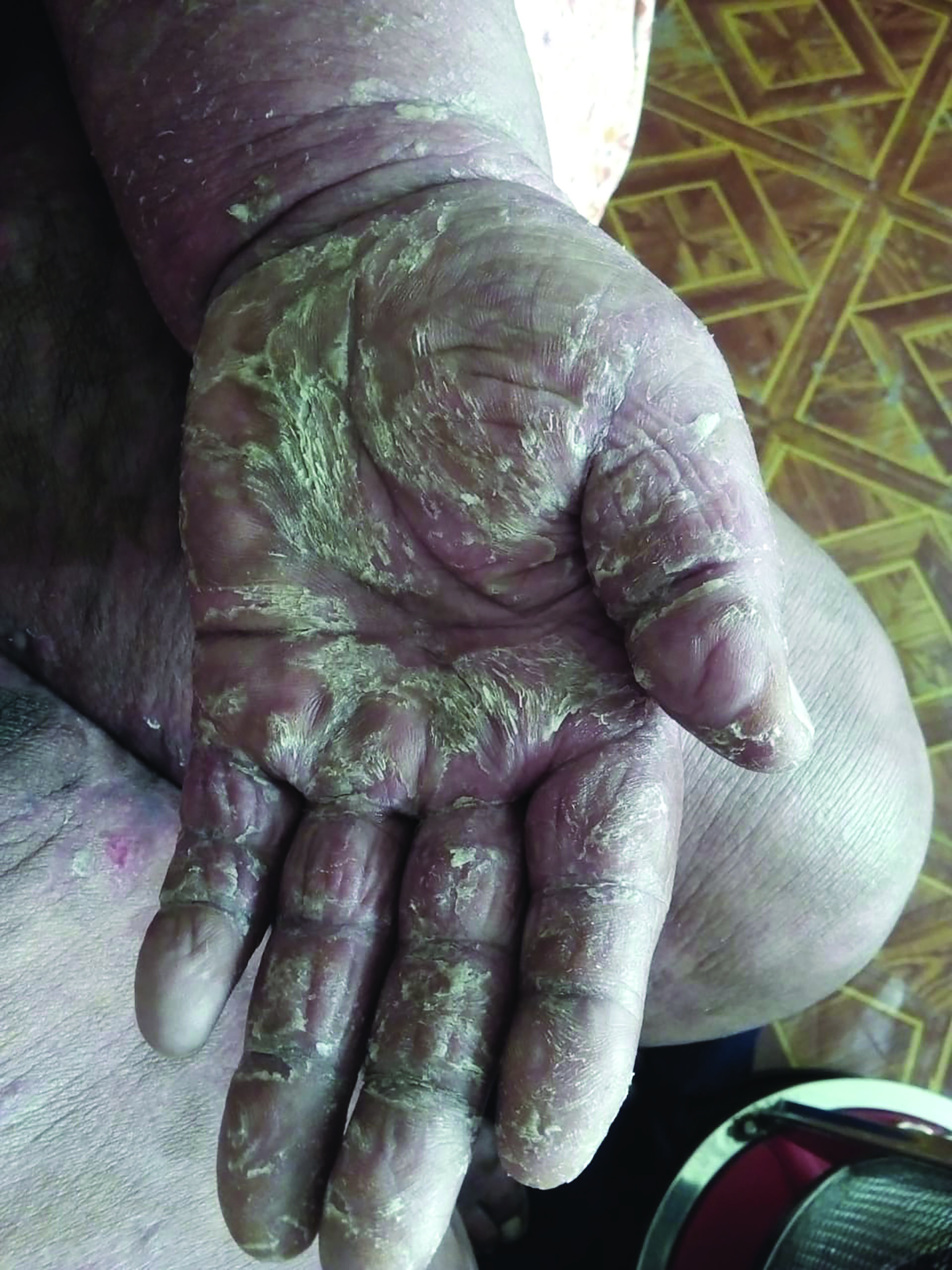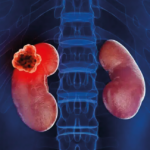Minister of Health, Selibe Mochoboroane, says the country has made meaningful progress in its fight against cancer, with support from the International Atomic Energy Agency (IAEA) and the Rays of Hope Initiative.
Speaking at the Rays of Hope Ministerial Meeting in Addis Ababa, Mochoboroane announced that, for the first time, Lesotho is now providing chemotherapy treatment for certain cancers within its borders.
He described this development as a major milestone, noting that previously, patients had to travel abroad, often at great financial and emotional cost, to access treatment.
He indicated that this is a big step forward for the country as it reduces the burden on patients and their families.
He said the government has also invested in human resource development for cancer care.
“We have trained nurses in oncology, supported doctors to specialise in medical oncology, and initiated training for radiologists and medical physicists,” Mochoboroane said, adding that efforts are also being made to strengthen services in surgical oncology, pathology, palliative care, and psychological support.
Despite this progress, Mochoboroane acknowledged challenges remain. Newly trained staff still require hands-on experience and mentorship.
He stressed the need for exchange programmes, continuous professional development, and academic partnerships to ensure that healthcare professionals are fully prepared by the time Lesotho’s first Comprehensive Cancer Centre opens.
He described the centre as “a bold statement of hope and national intent,” and noted that with the guidance of the IAEA, Lesotho has developed a detailed plan for its construction and long-term operation. The plan includes a modern facility design, cost-effective equipment choices, and a clear sustainability model.
Mochoboroane said the project aligns with Sustainable Development Goal (SDG) 3, which calls for reducing non-communicable diseases and ensuring access to healthcare for all, including those in remote areas.
However, the Minister also spoke candidly about the country’s limitations. As a landlocked nation, Lesotho depends heavily on neighbouring countries to import essential cancer medications and radiotherapy supplies.
The country’s lack of pharmaceutical manufacturing capacity and the impact of global supply chain disruptions continue to strain resources.
To address this, he said Lesotho is exploring smarter procurement strategies, regional collaborations, and support for local production and storage of cancer treatment supplies.
Another concern, he noted, is the retention of skilled healthcare workers. Like many developing countries, Lesotho faces a “brain drain” as professionals leave for opportunities abroad.
The government, he said, is working on improving career paths, providing incentives, and building a work environment that fosters compassion, purpose, and national pride.
He indicated that Lesotho’s vision is clear: a country where cancer is not a death sentence, but a fight waged with dignity, modern care, and a strong healthcare system.
Mochoboroane expressed confidence that the partnership with the IAEA and others through the Rays of Hope Initiative is bringing this vision closer to reality. “The road ahead is steep, as steep as our mountains,” he admitted, “but our determination is just as strong.”
He concluded by calling for continued collaboration, deeper partnerships, and shared learning.
He said Lesotho hopes its Comprehensive Cancer Centre will not only serve the country but also become a regional leader in cancer care. He also underscored the importance of prevention, saying: “A fence at the edge of a cliff is always better than the ambulance at the bottom.”
Summary
- He indicated that this is a big step forward for the country as it reduces the burden on patients and their families.
- “We have trained nurses in oncology, supported doctors to specialise in medical oncology, and initiated training for radiologists and medical physicists,” Mochoboroane said, adding that efforts are also being made to strengthen services in surgical oncology, pathology, palliative care, and psychological support.
- He described the centre as “a bold statement of hope and national intent,” and noted that with the guidance of the IAEA, Lesotho has developed a detailed plan for its construction and long-term operation.

Ntsoaki Motaung is an award-winning health journalist from Lesotho, specializing in community health stories with a focus on sexual and reproductive health and rights, as well as HIV. She has contributed to platforms like “Be in the KNOW,” highlighting issues such as the exclusion of people with disabilities from HIV prevention efforts in Lesotho.
In addition to her journalism, Ntsoaki serves as the Country Coordinator for the Regional Media Action Plan Support Network (REMAPSEN). She is also a 2023 CPHIA Journalism Fellow.










